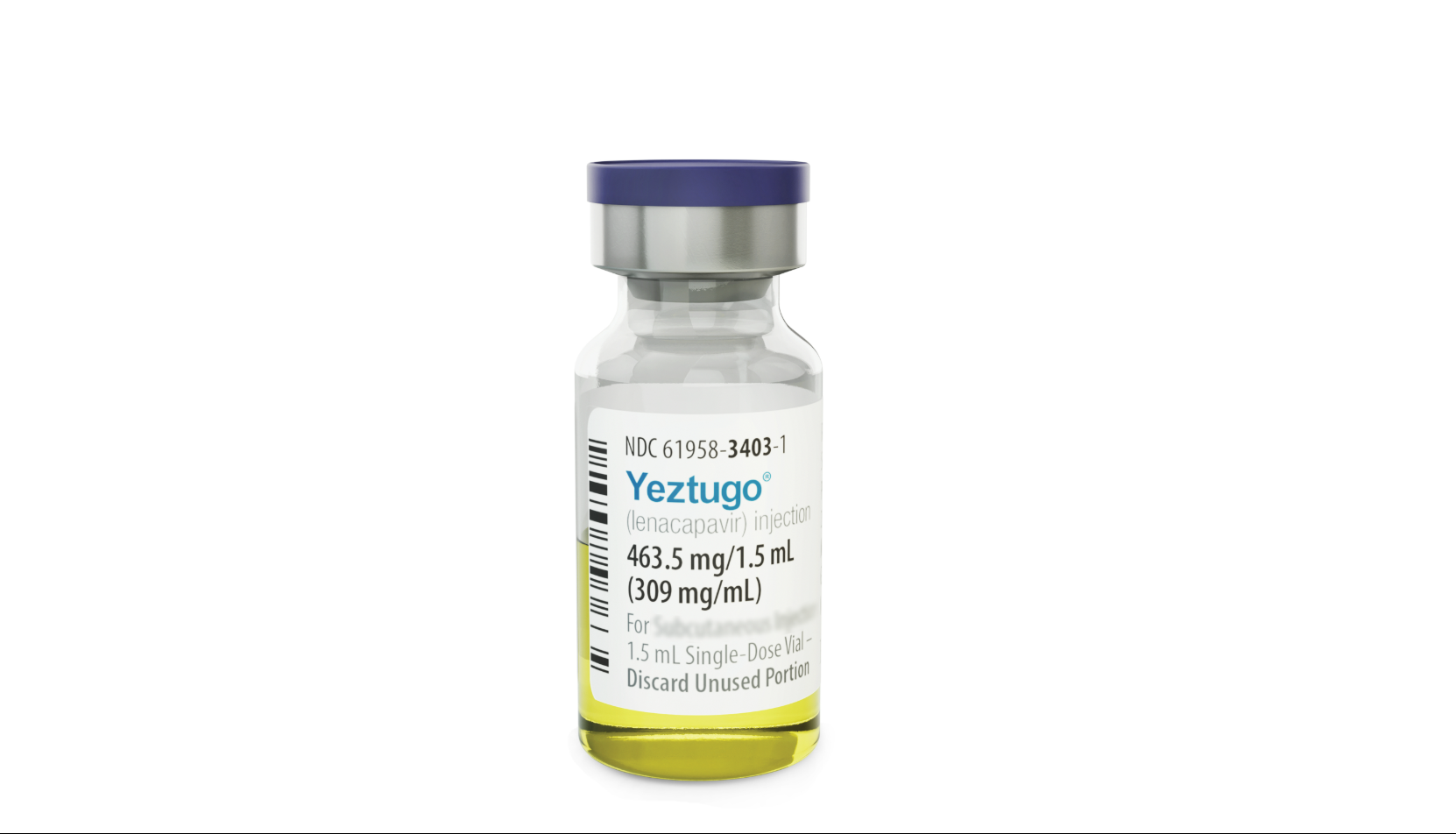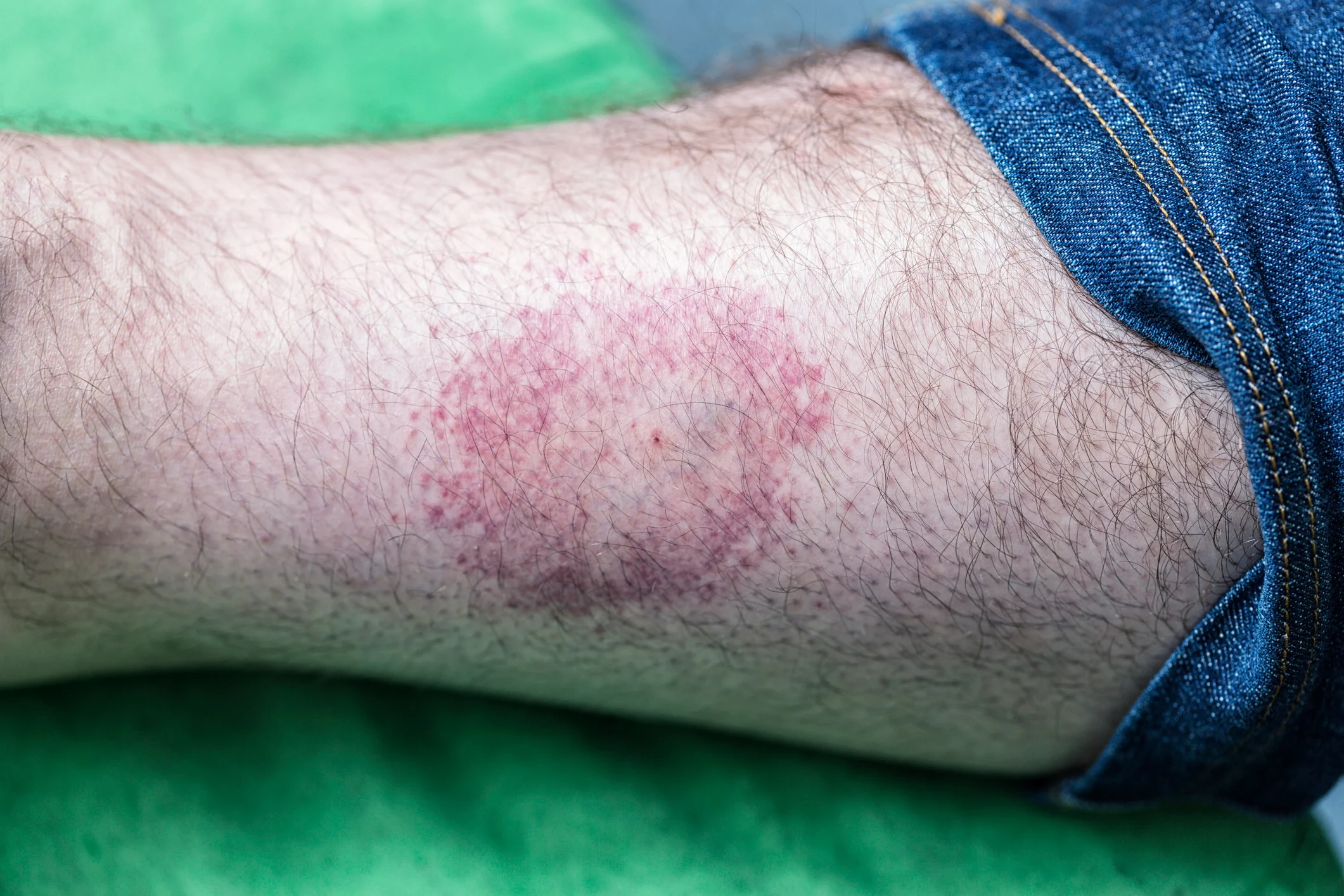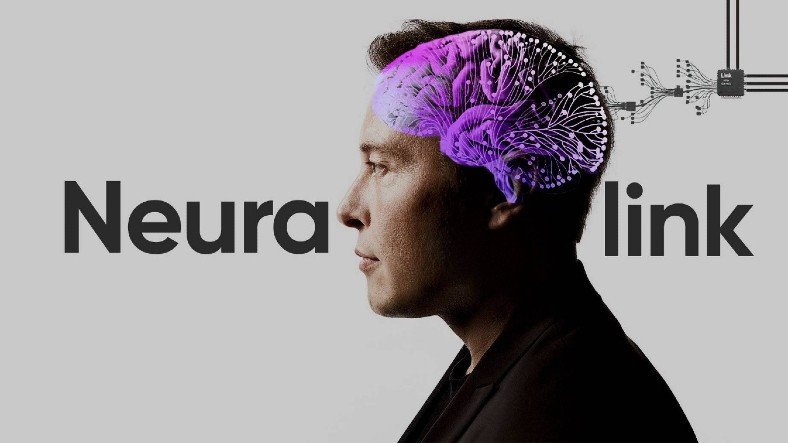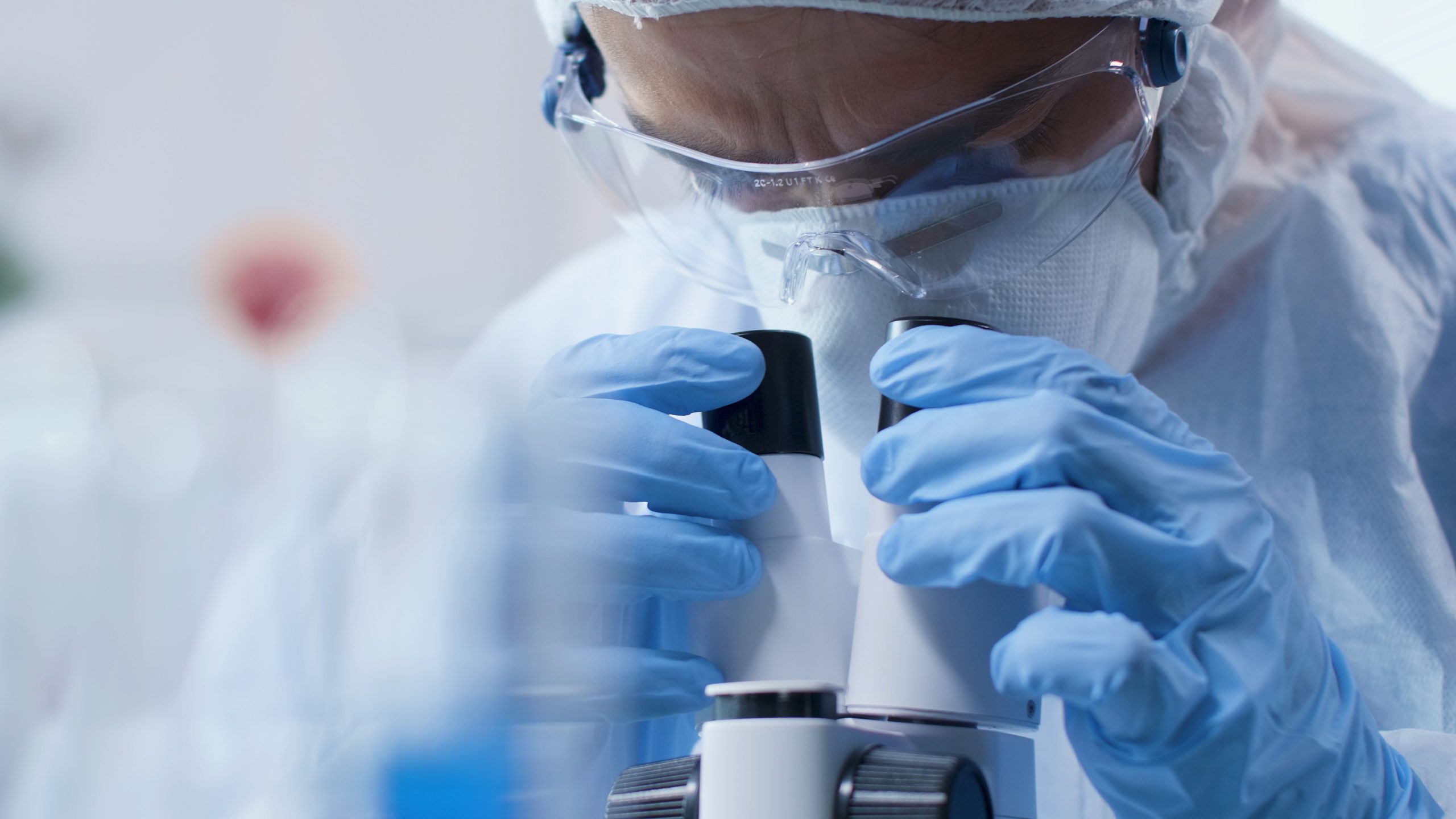Serotonin can stave off depression and provide a feeling a euphoria
When you’re happy and everything seems to be going well, you’re experiencing the impacts of serotonin. This hormone is responsible for a variety of actions, including mood enhancement.
Where is serotonin produced?
Serotonin is produced in the brainstem’s center, which then acts on many different parts of the brain to affect a variety of functions and behaviors, including:
- memory
- fear
- the stress response
- digestion
- addiction
- sexuality
- sleep
- breathing
- body temperature
How to increase serotonin
Serotonin deficiency has been linked to depression. Selective serotonin reuptake inhibitors (SSRIs) and serotonin and norepinephrine reuptake inhibitors (SNRIs) are the most often used antidepressants. They function by raising serotonin levels in the brain.
It’s also possible to boost serotonin levels without resorting to medication. Working out is a natural approach to boost serotonin levels. Your body releases more tryptophan, the amino acid that your brain uses to make serotonin, when you ride a bicycle or lift weights. This boost in serotonin (along with other endorphins and other neurotransmitters) is why many people get that feeling of euphoria known as a “runner’s high” after an intense workout.
Another option to naturally boost serotonin levels is to expose yourself to the sun or a bright light that mimics it. Light therapy is one of the most common therapies for seasonal affective disorder (SAD), the winter blues caused by a decline in serotonin levels.
It’s a little more difficult to get more serotonin from meals. Tryptophan is abundant in protein-rich foods like turkey, but our bodies don’t convert it to serotonin very well. When you combine turkey with other high-protein foods, the protein is broken down into amino acids, which compete with tryptophan for passage through the blood-brain barrier (the border that prevents potentially harmful substances from reaching your brain). As a result, less tryptophan gets into the brain.
Complex carbohydrate sources, such as vegetables, fruits, legumes, and whole grains, are one way to get more tryptophan into your brain. When you eat these carbs, your body creates insulin, which helps your muscles absorb more amino acids, giving tryptophan a better chance at reaching your brain.
Serotonin is just one of the four feel-good hormones.
Source: Harvard Health Publishing










